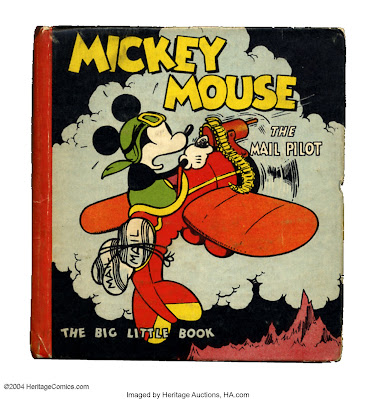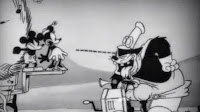I came alone and I go as a stranger. The instant which has passed in power has left only sorrow behind it. I have not been the guardian and protector of the Empire. Life, so valuable, has been squandered in vain. God was in my heart, but I could not see him. Life is transient. The past is gone and there is no hope for the future. The whole imperial army is like me: bewildered, perturbed, separated from God quaking like quicksilver. I fear my punishment. Though I have a firm hope in God's grace, yet for my deeds anxiety ever remains with me.
So wrote Alamgir Aurangzeb (1618-1707) in a letter from his deathbed to his son. Aurangzeb was the Muslim Emperor who presided over the Mughal Empire as it reached its greatest power and glory, stretching from what is now Afghanistan, over virtually the entire Indian sub-continent, and across Bangladesh.
Unfortunately, for his peace of mind, he lived long enough to see the Empire be built begin to collapse. The vast expenditures necessary to subdue southern India drove the Empire to near bankruptcy.
I had been reading once more William Dalrymple's City of Djinns -- one of four Dalrymple books that I have read and discussed on this blog -- when I decided to check and see what else he had written. I discovered The Anarchy. It's a highly ambitious work. I already feel I've been instructed on the full history of the Mughal Empire. but I see on my Kindle that I'm only eleven percent of my way through the book. What else lies ahead? I'll find out, but it may take awhile.
I mention the book so prematurely now simply because I'm so impressed by Aurangzeb's deathbed confession. A man who has finally conquered all of the world worth conquering, at least from his point of view, views his life's work as probably a form of vanity -- an accomplishment not only threatened by ruin, but, considering its cost in human suffering, perhaps one that should never have been undertaken.
Life, so valuable, has been squandered in vain. ... I fear my punishment.
My first reaction, perhaps, was to seek analogies in our time. The Ukrainian war hasn't yet run its course, but regardless of outcome, will Putin someday wonder what he was seeking, and why, and questioning its cost in the human suffering he caused? Will Trump wonder to himself what it was all about, whether whatever he thought he wanted was worth sacrificing the human joys of friends and family? Well, probably not, but, as always, Trump is unique.
But then I thought about us common people, those of us with no interest in or pretensions of Imperial Glory. Don't we nevertheless wonder along with the Mughal Emperor? Have our precious lives also been "squandered in vain"? Don't we respond viscerally to the Episcopalian prayer: "I have left undone those things which I ought to have done; and I have done those things which I ought not to have done; and there is no good in me"? If we are honest with ourselves, as we near the end of our lives, don't even the best of us feel some response to that pessimistic appraisal of our lives?
By coincidence, I read today my 2020 discussion in this blog of Giuseppe Tomasi di Lampedusa's historical novel The Leopard (1958), the story of the life of a nineteenth century Sicilian aristocrat. At the end, as the priest approaches to administer the last rites, he muses about what to confess:
Not that he felt himself innocent; but his whole life was blameworthy, not this or that single act in it; and now he no longer had time to say so.
He tries to recall all the happy times of his life.
I'm seventy-three years old, and all in all I may have lived, really lived a total of two ... three at the most.
I draw no conclusions. I don't insist that everyone ends his life disappointed at his life's futility. I don't know that I believe so myself.
But certainly for some people -- people whom we may all envy for their accomplishments -- experiencing such disappointment does seem unavoidable. Maybe a tendency toward severe self-criticism is genetic? Maybe some people, outwardly successful, have actual reason to judge themselves harshly? Aurangzeb himself murdered and executed freely, and ruled his Hindu subjects oppressively.
But at least, he ended his life with humility.















